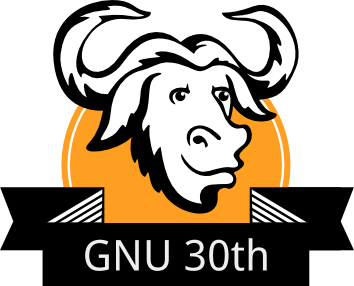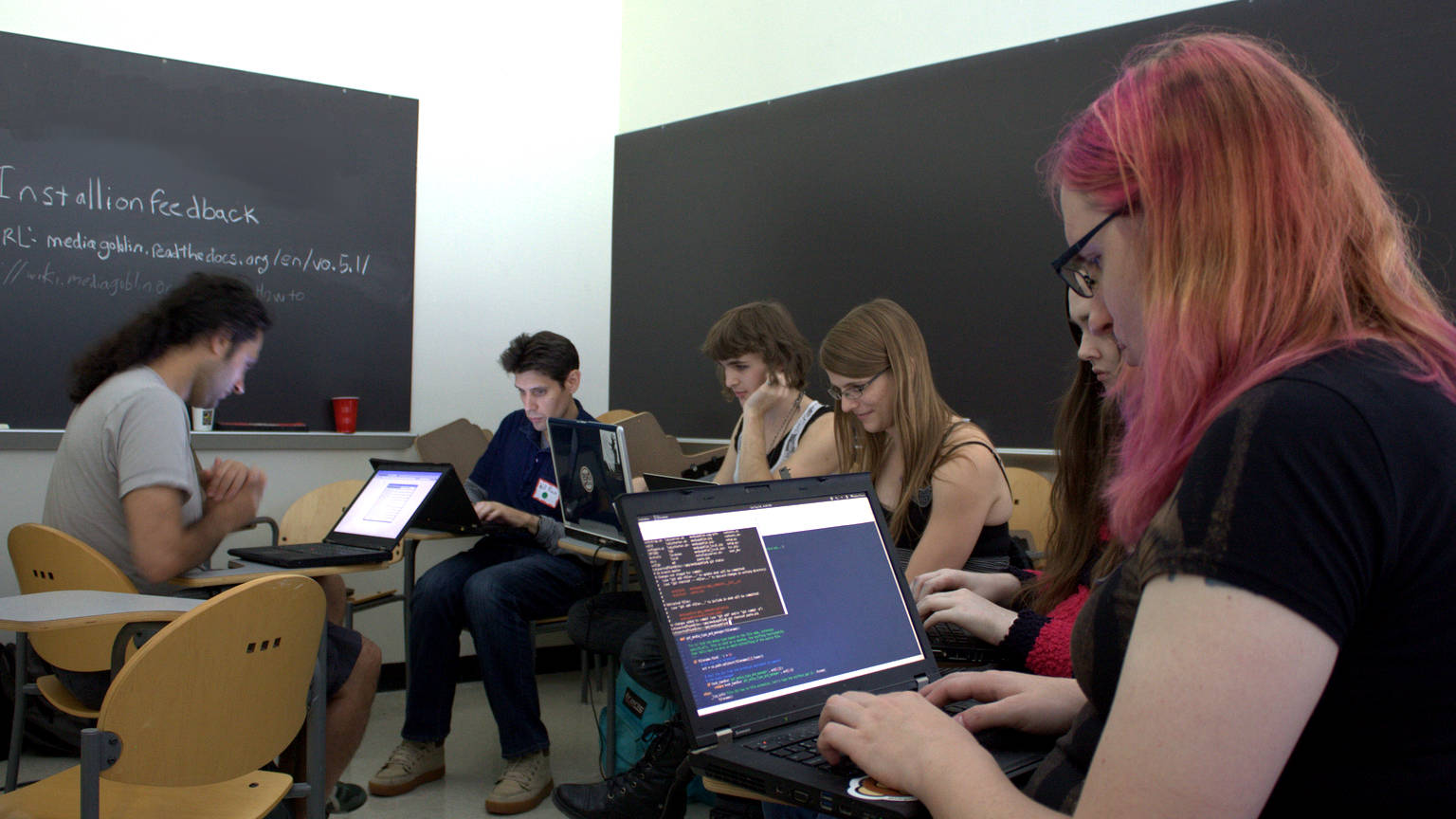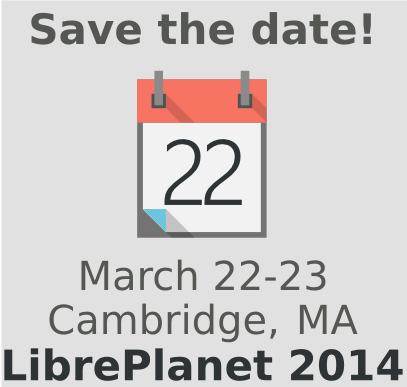Gluglug X60 Laptop now certified to Respect Your Freedom
BOSTON, Massachusetts, USA -- Thursday, December 19, 2013 -- The Free Software Foundation (FSF) today awarded Respects Your Freedom (RYF) certification to Gluglug X60 laptops. The RYF certification mark means that the product meets the FSF's standards in regard to users' freedom, control over the product, and privacy. This is the first laptop to receive RYF certification from the FSF.
It can be purchased from
http://shop.gluglug.org.uk.
The FSF has had a call out for a laptop sold with a free OS and
free boot system since 2005. Today it announced that the call has been met.
"Finally there is a free software laptop that respects your freedom as it comes from the store," stated Richard M. Stallman, founder and president of the FSF.
The boot programs (such as a BIOS) run when a computer is turned on and their primary purpose is to initialize the hardware before loading the operating system. Computer makers not only install nonfree boot programs, but they also have made it notoriously difficult for free software developers to have access to the necessary hardware specifications and information needed to produce free software replacements.
When a user purchases a product that bears the Respects Your Freedom certification mark, they can be confident they are recieving a product that comes with a free boot program and OS, as well as documentation under free licenses, multimedia unencumbered by proprietary formats, and the assurance it is not known to contain any backdoors and is not designed to share users' information without their knowledge (e.g. spyware).
"This announcement comes at a time when people have a heightened concern over controlling their data and securing their communication. Proprietary software is by nature fundamentally insecure, because it uses both force of law and technological measures to prohibit a user from controlling and securing her own computer. This new complete system runs on free software and is backed by the FSF's commitment to do our best at ensuring respect for your freedom and privacy," said FSF executive director John Sullivan.
The Gluglug X60 laptops are refurbished models of Lenovo's ThinkPad®
† X60. Gluglug has updated the computer by adding a modern wifi chipset, replacing the proprietary BIOS with a free software boot system made by modifying Coreboot to remove all proprietary microcode and proprietary blobs, and replacing the proprietary Microsoft Windows OS with the FSF-endorsed,
Trisquel GNU/Linux OS.
"The Gluglug X60 laptop is a major victory for computer users and supporters of the
Free BIOS campaign. Not only has Gluglug produced a 100% free version of Coreboot that carries freedom to each user, but it has made it easy and fun to install updates, which in my experience, make real and noticeable improvements to the operation of the laptop. I also found that despite the hardware being a few years old, the Gluglug X60 remains a durable machine that is more than capable of running modern GNU/Linux distro," added Joshua Gay, the licensing & compliance manager who heads-up the FSF's RYF certification program.
Francis Rowe of Gluglug issued the following statement:
Gluglug is very proud to have achieved RYF certification and we will always try to exceed the requirements. The mission of Gluglug is to promote free software in a practical way by making it easy to find a system built for total freedom. With the X60 laptops sold through the site you get everything: free boot program, free operating system, free drivers, free applications. The machines also come pre-fitted with a new 802.11n wireless card that is fully compatible with free software.
The machines come fully loaded with Trisquel GNU/Linux, and they can also have gNewSense or Parabola GNU/Linux installed on request. With the Gluglug X60, you get full source code for all of the tools used to create the boot program, plus documentation. If you want to hack your machine, you can. That's really the whole concept.
You also get updates, so when the Gluglug makes a substantial change to the firmware it ships, you will receive a copy of it along with documentation for how to flash it and tweak it to your needs.
A project like this is especially important in this day and age when more and more devices are becoming locked down with with things like Restricted Boot, and containing hardware-based backdoors. The Gluglug provides an opt-out for that kind of mistreatment.
To learn more about the Respects Your Freedom hardware certification, including details on the certification of the Gluglug X60 laptops, as well as information on source code for the device, visit
https://www.fsf.org/ryf. Hardware sellers interested in applying for certification can consult criteria at
https://www.fsf.org/resources/hw/endorsement/criteria.
For those needing to purchase other hardware, the FSF recommends the
h-node.org database, as well as direct users toward hardware sellers that offer laptops with GNU/Linux preinstalled. The FSF is also asking supporters
to write to Intel asking for the company to ship laptops with a free boot system to begin with, so that users can buy brand new freedom-respecting hardware in the future.
About the Free Software Foundation
The Free Software Foundation, founded in 1985, is dedicated to promoting computer users' right to use, study, copy, modify, and redistribute computer programs. The FSF promotes the development and use of free (as in freedom) software -- particularly the GNU operating system and its GNU/Linux variants -- and free documentation for free software. The FSF also helps to spread awareness of the ethical and political issues of freedom in the use of software, and its Web sites, located at fsf.org and gnu.org, are an important source of information about GNU/Linux. Donations to support the FSF's work can be made at
https://donate.fsf.org. Its headquarters are in Boston, MA, USA.
About Gluglug
The Gluglug is a Canvey Island, Essex, UK based company dedicated to Free Software. We sell computers that are made to respect the freedom of users to study and hack their machine. Visit
http://shop.gluglug.org.uk.
































